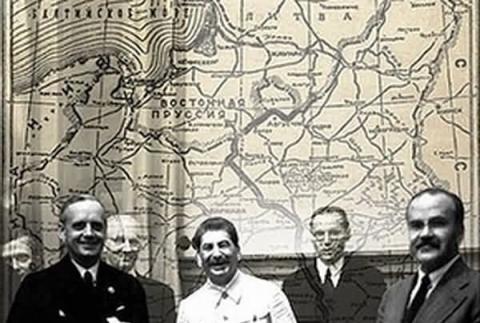What the Bolsheviks and Nazis can teach us about Russia today
It is with imperial collapse and revival in the analytical background that comparisons of Weimar Germany and “Weimar Russia” become apposite. Both experienced collapse. Both experienced terrible economic hardships in their aftermath. Both blamed the collapse and the economic hardships on democrats. Both sought succor in the imperial traditions and cultures of their nations. Both experienced the coming to power of right-wing nationalists and strong men who promised to reestablish the glory of the nation and its imperial grandeur. And both embarked on soft- and hard-power attacks on their neighbors.
Two observations flow from this analysis. First, it attributes the ongoing Russo-Ukrainian War almost exclusively to Russia’s internal post-imperial dynamics — culture, ideology, discourse, economic and institutional structures—and not to external factors, such as real or perceived threats from the post-collapse core state’s neighbors. Seen in this light, although the Treaty of Versailles may have been punitive, it was not responsible for the Nazis or Hitler’s aggression. Similarly, NATO and the West may have annoyed the Russians, but Putin’s turn to the right and his wars against Georgia and Ukraine are the products of Russian imperial collapse, the nature of his strongman regime and systemically generated attempts at imperial revival.
Second, the outcome of Putin’s attempts at imperial revival is still unclear. Will he succeed like the Bolsheviks, or will he fail, even if at great cost to everybody, like the Nazis? The factor that may decide the outcome today, just as it did in Russia in 1918-1922 and Europe in 1939-1945, is the degree to which other powers get involved in the conflict between post-collapse metropoles and peripheries. In the Russian case, they stayed out, and the Bolsheviks were able to regain much of the empire. In the Nazi case, the great powers got involved and the result was the collapse of the Nazi imperial project. What is striking about today’s Russo-Ukrainian War is the extent to which the great powers — the United States, Germany, France and the United Kingdom — have sided with Ukraine. That suggests that Putin’s imperial project will fail, though just when that will happen and how many lives will be lost in the process remains unclear.
Alexander Motyl

